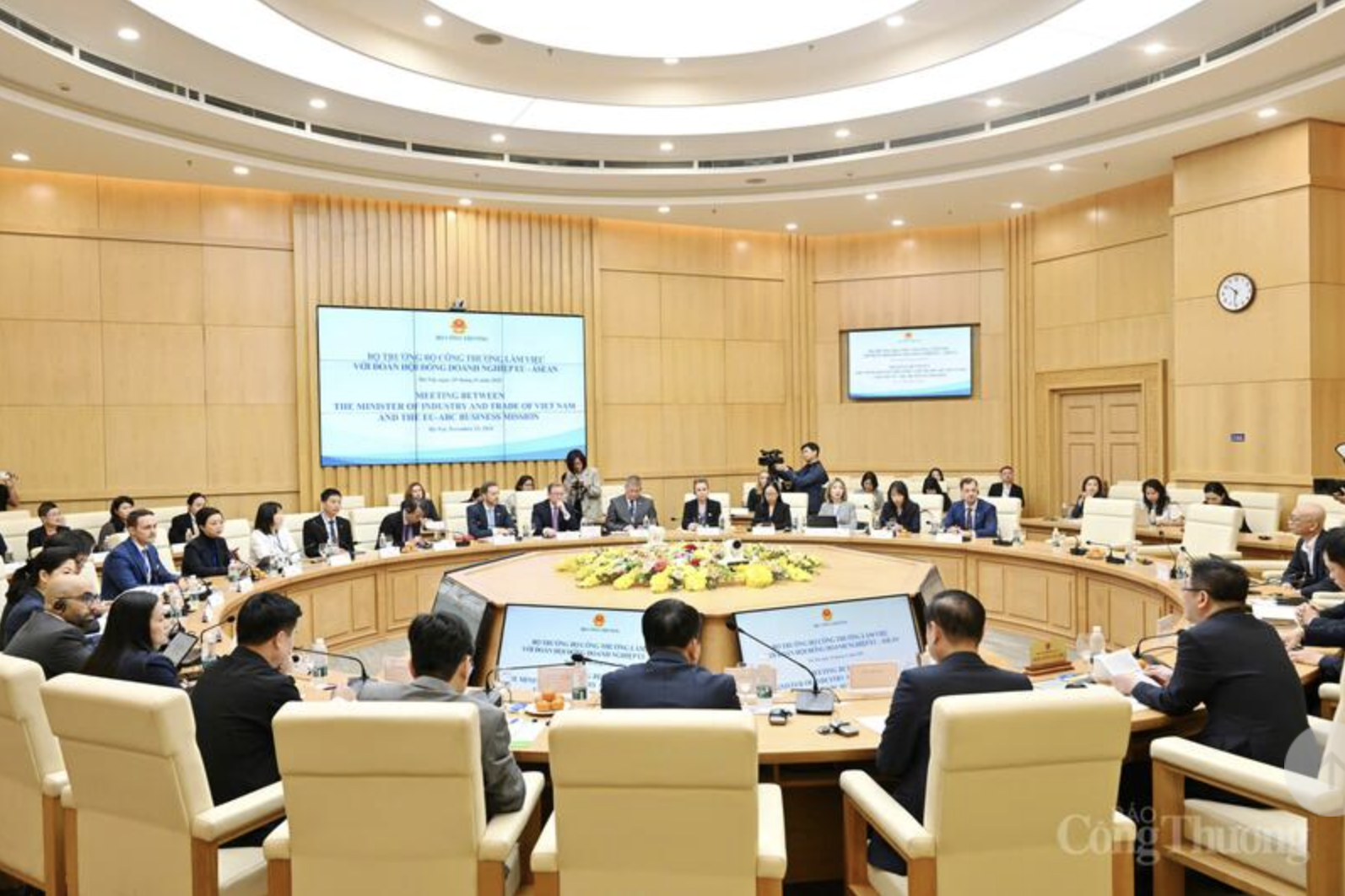
Minister Nguyen Hong Dien meets EU - ASEAN Business Council delegation
19:05 | 23/03/2025 17:06 | 25/11/2025Cooperation
In the context of the strong regeneration of the global supply chain, Vietnam is facing a great opportunity to affirm its new position in specialized supporting industries. With a series of key policies being built and completed, from institutions, industrial development to business support programs, Vietnam’s supporting industry is expected to enter a phase of acceleration, automation and deeper integration into the global value chain.
To clarify the key orientations and solutions of the Ministry of Industry and Trade in promoting the development of supporting industries in the coming time, reporters of the Industry and Trade Newspaper had an interview with Mr. Pham Van Quan, Deputy Director of the Department of Industry under the Ministry of Industry and Trade (MoIT).
- Can you share the current situation of attracting domestic and foreign investment in the field of supporting industry in our country?
Mr. Pham Van Quan: In the first 9 months of the year, Vietnam’s import and export turnover reached a record USD 681 billion, of which exports reached USD 349 billion, imports USD 332 billion, a trade surplus of USD 17 billion.
This reflects the efforts of the entire economy, but also raises a sobering reality: up to 94% of the import value is raw materials, spare parts and components, these are factors that if we develop the basic industry and supporting industry, we can completely proactively produce domestically.
Regarding FDI attraction, there is still a lot of room for development in supporting industries. However, the FDI capital dedicated to this sector is still quite modest. From 2020 to now, the total FDI capital in supporting industries is only about USD 20 billion, while domestic enterprises have invested about USD 5-6 billion.
In reality, investing in supporting industries requires a large amount of capital and high technology level, factors that most domestic enterprises are still having difficulty meeting.
Recognizing the importance of this field, nearly 10 years ago, the Government issued Decree No.111/2015/ND-CP to encourage, facilitate and provide incentives for enterprises to invest in developing supporting industries, which is considered the backbone of the country's industrialization and modernization process.
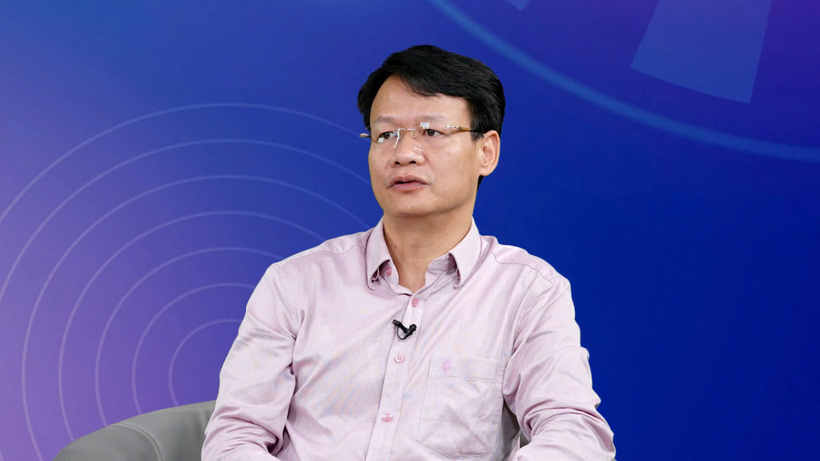
Mr. Pham Van Quan, Deputy Director General of the Directorate for Industry and Trade.
- Could you share more clearly the advantages and challenges in attracting investment in the supporting industry today? In the context of the fluctuating global supply chain, how are these changes affecting the field and investment capital flow into the supporting industry?
Mr. Pham Van Quan: Objectively speaking, we see that FDI enterprises have not really created motivation for enterprises to participate deeply in the supply chain. Most still prioritize cooperation with enterprises in the same ecosystem, because they are familiar with the technological process, standards and production style, so coordination is more convenient and effective.
Meanwhile, the capacity to access technology and business operations of many enterprises is still slow, not meeting the requirements of providing global chains. This is a reality that needs to be considered to find a solution soon.
On that basis, Decree No.205/2025/ND-CP has been clearly defined, FDI enterprises wishing to receive support from the program must have small and medium enterprises as parameters in providing application chains, with specific co-linkage. This regulation aims to create cohesion and reasonable distribution of activities between FDI enterprises and enterprises.
Most domestic enterprises are currently small in scale, with limited financial resources, making it difficult to invest in research and technological innovation. Understanding these difficulties, the supporting industry development program has implemented many comprehensive support packages, from product research to pilot production.
For businesses that are not qualified to invest in R&D, the State has invested in building industrial development support centers for them to test and perfect their products before launching them on the market. At the same time, it supports businesses in accessing advanced technology, expanding opportunities to participate in fairs, exhibitions and international trade connections.
In addition, supporting industry enterprises also enjoy special preferential policies on income tax, human resource training, trade promotion and technology transfer. The goal is to help Vietnamese enterprises become mature, self-reliant, stable and ready to enter a stage of sustainable development, while the role of the State gradually shifts to creation and long-term orientation.
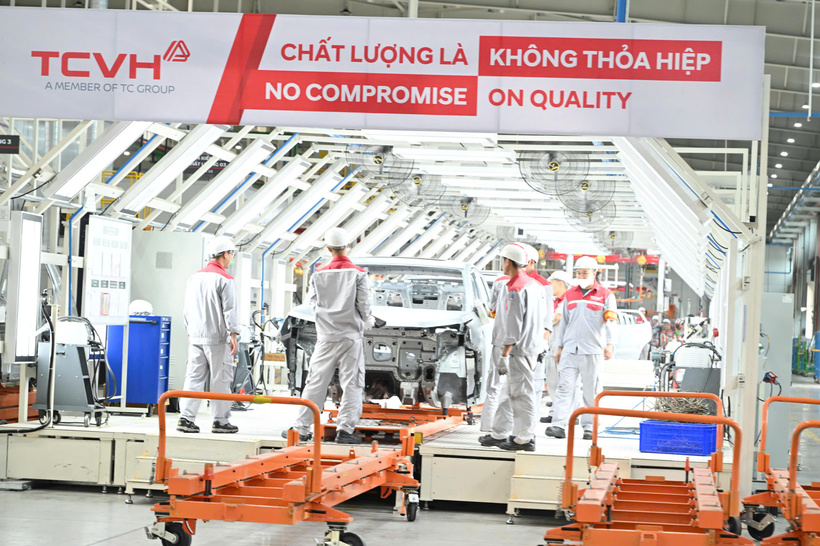
With a series of official books being completed, Vietnam’s supporting industry is expected to become a pillar in the new phase of industrialization strategy.
- In the coming time, what orientations and solutions will the MoIT have to continue promoting the development of supporting industries? At the same time, what recommendations does the Ministry have to send to localities and the business community?
Mr. Pham Van Quan: At present, the MoIT is carrying out numerous important tasks. It can be said that the institutional and policy environment is changing rapidly, requiring the Ministry to be both proactive and flexible in developing support mechanisms for businesses, especially open policies that create favorable conditions for enterprise growth.
First and foremost, the Ministry is drafting the Law on key Industries, aimed at helping Vietnam gradually master fundamental sectors such as materials, mechanical engineering and supporting industries, while also fostering the development of core technologies. Among these, supporting industries will be identified as one of the key industrial sectors, playing a pivotal role in the production value chain.
In addition, the Ministry is proposing the establishment of a professional Industrial Development Fund, expected to account for nearly 1% of GDP. This will serve as an essential financial resource to assist enterprises in developing foundational and strategic industries, as these sector’s contributions to the economy are expected to far outweigh the amount of state budget allocated.
The fund is also designed to be more innovative and flexible in its lending and business support mechanisms. Instead of requiring asset collateral as in commercial loans, enterprises may access capital through project proposals that are reviewed and validated by local authorities for their feasibility and alignment with development goals. The State is willing to invest and accept certain risks as long as the projects are viable and have been evaluated and appraised by relevant ministries and agencies. This represents a new approach, one that clearly demonstrates the government’s role as both a facilitator and partner in industrial development.
Many new policies are still being finalized and cannot yet be announced in detail. However, it is expected that during the upcoming National Assembly session, several key policies will be approved, establishing a comprehensive legal framework and synchronized tools to further accelerate the development of supporting industry enterprises, ushering in a new period of strong growth for the sector.
For the business community, there is every reason to trust that the Party and the Government remain deeply committed and determined to promote industrial development. In the context of global supply chain disruptions and shifting tax and trade policies that are reshaping the international business environment, industrial self-reliance and resilience have become more vital than ever. The Party and State leadership have long identified this as a strategic, long-term mission and are implementing a range of concrete measures to help enterprises grow sustainably.
After all, when businesses are strong, the economy is strong; when businesses prosper, the nation thrives. This is not only a guiding principle but also a consistent and overarching policy direction of the Party and the State in this new phase of development.

19:05 | 23/03/2025 17:06 | 25/11/2025Cooperation
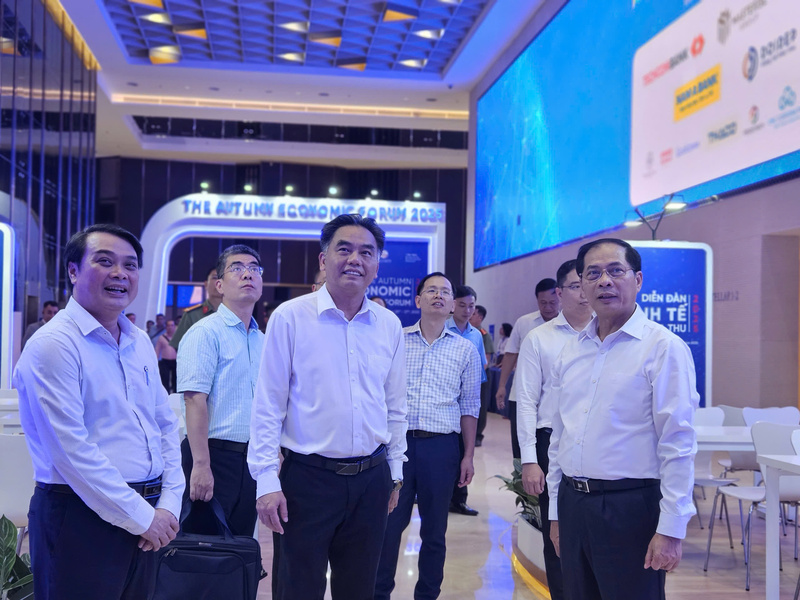
19:05 | 23/03/2025 14:40 | 25/11/2025News and Events
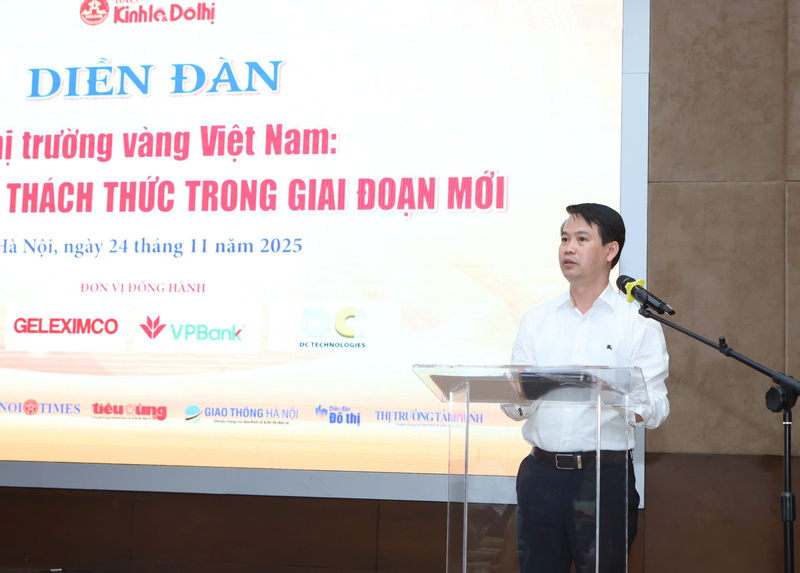
19:05 | 23/03/2025 14:32 | 25/11/2025Industry promotion
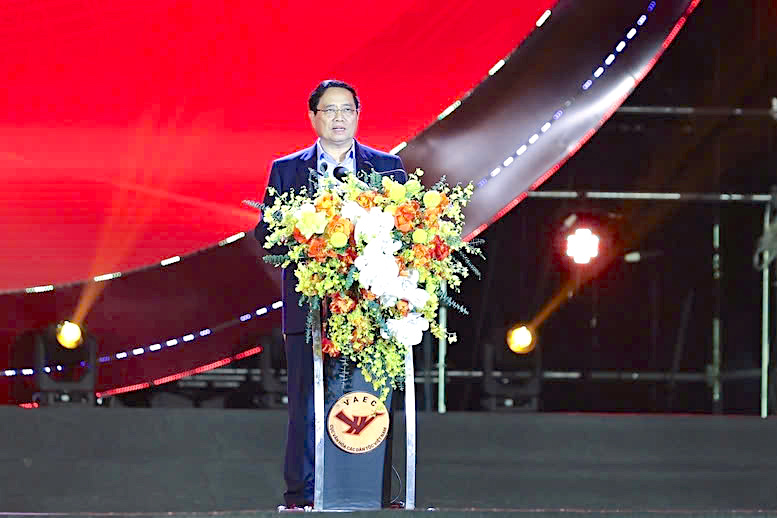
19:05 | 23/03/2025 14:01 | 25/11/2025News and Events
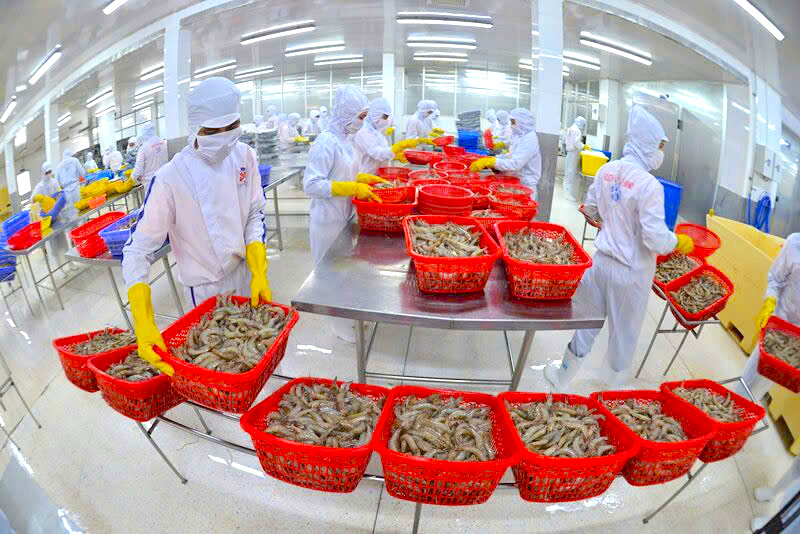
19:05 | 23/03/2025 13:59 | 25/11/2025Foreign trade